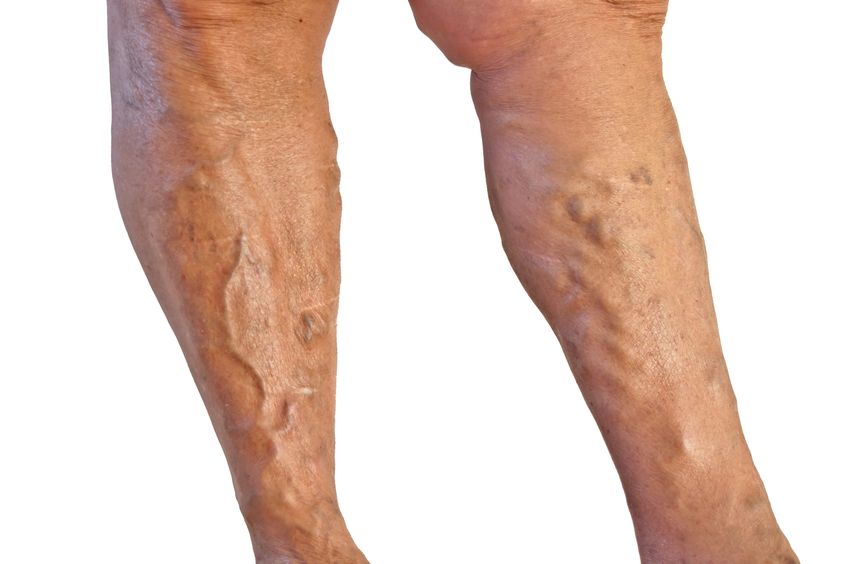A BSN in Cincinnati is considered as the primary entry-level degree program for nurses. The curriculum is divided into a number of courses which are required to prepare students for this very demanding profession. The courses that are taken to provide a foundation for further study needed in nursing programs are called the “BSN prerequisites”; they consist of classes which cover a wide range of scientific subjects which include psychology, microbiology, chemistry, etc. It is extremely important that a graduate from a BSN course be extremely articulate and an excellent communicator and included in the prerequisite courses are speech classes and classes in interpersonal communication.
One of the key areas of study is human physiology as a complete understanding of how the human body functions in normal circumstances is extremely important. It is equally as important to know how the body functions when it is affected by disease. The courses given in physiology assume that the student has some prior knowledge of anatomy or the courses are offered combined with anatomy lasting a full year. Lab work is a compulsory BSN prerequisite and includes dissection of animal as well as human specimens.
Infectious diseases are usually caused by microorganisms and as a result graduate nurses must know a great deal about common microbes, including how they thrive in the human body and how to destroy them. Microbiology also includes in depth study of cells, their component parts and how they divide.
In a typical BSN program at least a year or even longer is spent focused on chemistry as an integral part of the BSN prerequisites. Chemistry courses include introductory courses where the student learns the basics of inorganic matter and kinetics. The final chemistry course is dedicated to the study of organic chemistry. Organic chemistry is extremely important to those who work in the field of healthcare as it involves knowledge on carbon in all its various arrangements. Carbon is a unique element as it is the only element that can bond with itself which leads to astonishing properties in living cells.
Although not a prerequisite in all schools, some offer courses in epidemiology. This is an important field of study for those who wish to study disease amongst groups of people, discovering trends in illness and treatment.
As nurses are in constant communication with healthcare professionals, patients and patients families is it extremely important that they have excellent communication skills. BSN prerequisites include speech and interpersonal communication with groups or one-on-one.



